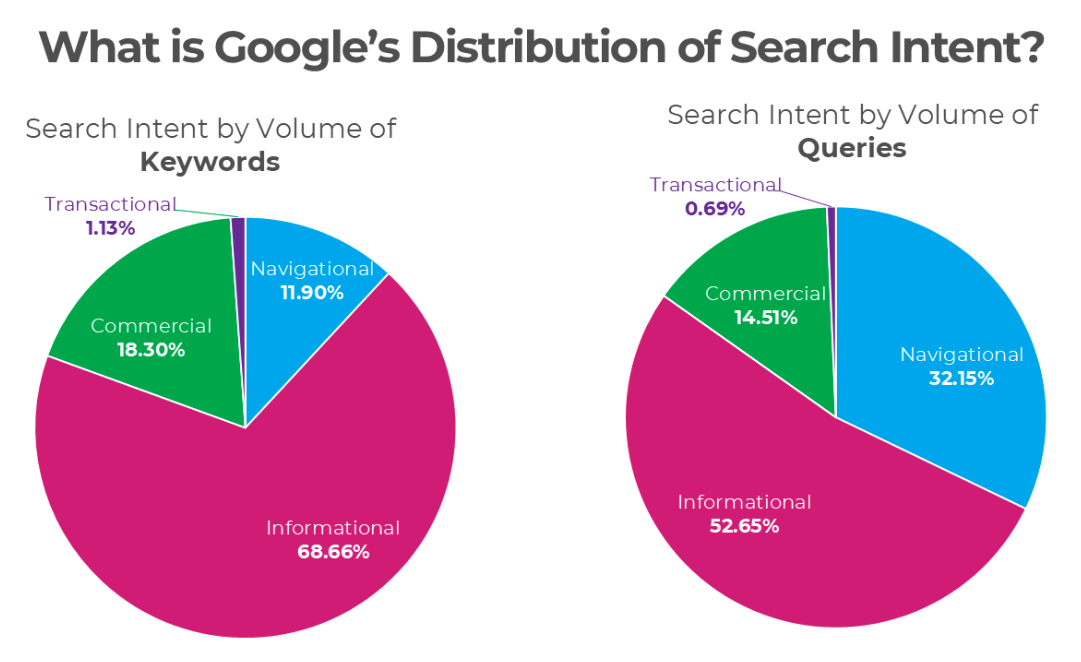The Framework: Table of Contents
The B.I.S.C.U.I.T. framework sets out how to take your current content and search efforts and incrementally bring them into the AI search world we’re all now living in.
Each letter represents a critical component of AI search success:
Ensure AI search bots can crawl and index your site without being accidentally blocked by robots.txt or firewalls.
Establish your brand as a distinct entity in AI search services by creating clear brand statements.
Understand and shape how AI services perceive your brand's ethics, trustworthiness, and reputation.
Track your rankings against competitors for commercial queries that drive middle-of-funnel conversions.
Strategically distribute content to platforms favored by each AI service (LinkedIn for ChatGPT, Reddit for Claude, etc.).
Collect business intelligence to prove the value of your AI search optimization work to stakeholders.
Eliminate AI hallucinations about your business by providing accurate information for critical customer questions.
Introduction
ChatGPT, Claude, Perplexity, etc. are exploding in popularity. But, more and more I’m seeing bland articles written about how to rank in them that boils down to a vague “just keep doing what you’re doing and hope things will be fine”.
Reader: That’s like sleepwalking into a blender.
What’s changing in Search?
At the highest level, Google’s implicit agreement with the Internet is breaking down.
Google’s original promise was that as people searched, they’d send traffic to your site; they only asked for the ability to put a few ads next to the results.
They are no longer in the business of sending traffic to your site.
While this is a topic that could be debated for hours all on its own, I’ll just refer you to Sparktoro’s new research on how people actually use Google as well as Google’s own actions in the local and ecommerce search space.

This has some very real implications for what type of content you create, where that should be distributed, and how best to reach people.
Top-of-funnel educational articles (the “how to..” and “what’s a”) that were big traffic drivers for content marketing are seeing their traffic evaporated by Google’s AI Overviews.
These AI Overviews are now used by a billion people because AI services provide a better experience to searchers by directly answering questions better than traditional search.
Into this, the AI search services like ChatGPT, Perplexity and Claude are now out-Googling Google by providing a qualitatively better “search” experience.
Why you should trust me
I'm the co-founder of Knowatoa (a service for tracking rankings in AI search and discovering opportunities), and as of the time of my writing this, we're tracking how thousands of brands are performing in AI search.
Prior to this, I worked in-house as a Director of Demand Generation in charge of content strategy for a public cybersecurity company, founded multiple different startups, and worked at the intersection of tech + SEO for over a decade.
Also, if you have questions, want to chat, or explain what I got wrong here, you can find me on Bluesky or LinkedIn.

B.I.S.C.U.I.T. Framework
From our experience auditing sites for AI search rankings, we’ve built a framework to help SEOs in multiple ways:
- It’s steps you can take today
- The steps are all positive marketing actions beyond just “AI Search”
- They’re easily communicated to executives and stakeholders
Why a framework?
The rise of AI search is a tremendous opportunity for search professionals.
The field is no longer “just rank in Google,” so you can no longer be “just an SEO”.
Brands need leadership to help navigate how to perform in the many different AI search platforms, what type of content to produce, and where, how, and when to distribute it.
Conclusion
The rise of AI search is fundamentally reshaping the search landscape, forcing marketers, SEOs, and brands to adapt or risk irrelevance. It’s an unprecedented opportunity for those willing to embrace the change.
Success in the AI-driven search world requires a shift in mindset: from a laser focus on Google SERPs to a broad strategy that positions your brand in multiple ways across multiple AI ecosystems.
It demands new tools, sharper content strategies, and an aggressive approach to creating and executing campaigns. For those ready to lead this charge, the rewards are immense.
By leveraging frameworks like B.I.S.C.U.I.T., brands can build resilient strategies that go beyond traditional SEO, ensuring relevance and visibility in this new era of search.
AI isn’t just a disruption; it’s the next great wave of opportunity in digital marketing.
The tools, insights, and frameworks are here. The question is: are you ready to take the lead?
Thanks
Special thanks to John Doherty from EditorNinja, Kai Davis founder of Double Your ECommerce and Martin McGarry from Search Assistance for their feedback and suggestions with this article.
What to do next?
- Sign up for Knowatoa to start tracking your AI search rankings and opportunities.
- Book a call to learn more about how we can help you with your AI search strategy.
